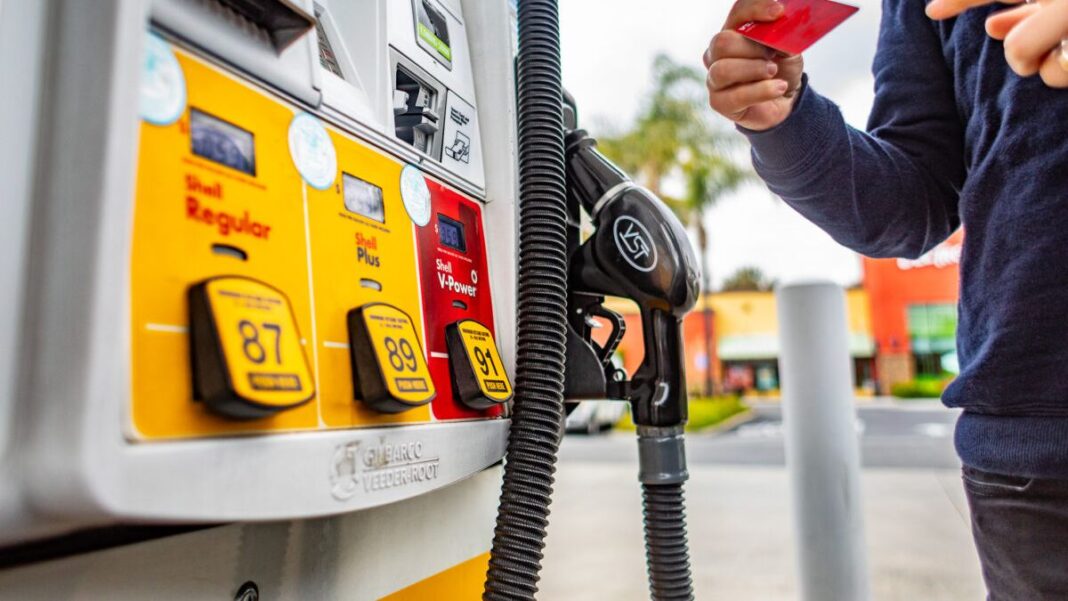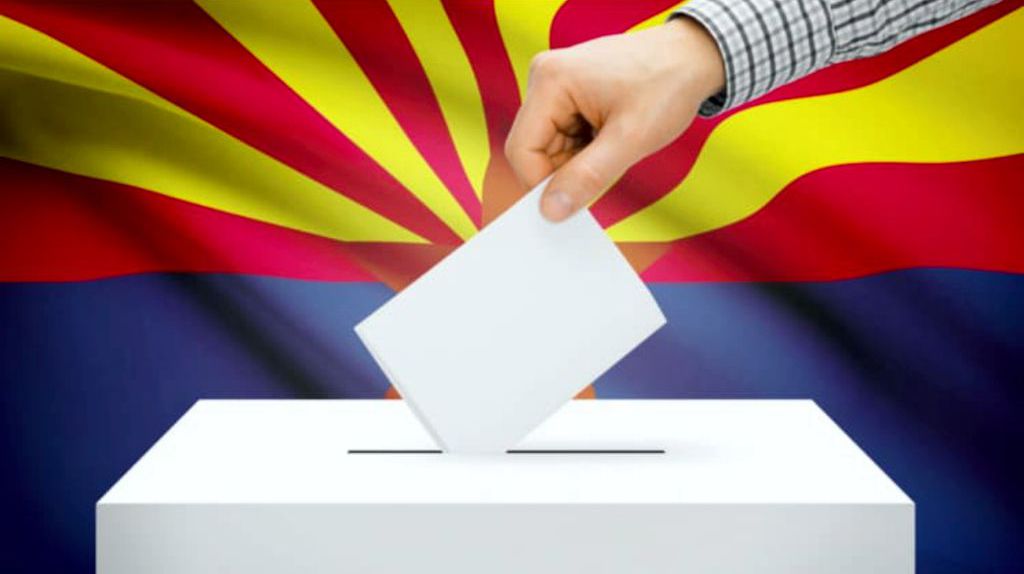
Several long-term studies show the impact of increased corn ethanol production has worse environmental consequences in terms of carbon emissions than ordinary gasoline.
As Americans are planning summer travels, the administration of President Joe Biden allowed up to a 15 percent corn ethanol-gasoline mix from June to September.
It represents a victory for the U.S. corn lobby and will also provide some relief from severely inflated gas prices due to Russia’s invasion of Ukraine.
Ethanol contains roughly one-third less energy than gasoline, which means cars will drive up to 5 percent fewer miles on E15 than gasoline alone.
But the director of research and senior policy analyst at Height Capital Markets, Benjamin Salisbury, said E15 averaged about 25 cents per gallon less than E10 in April 2022.
He said because E15 contains less energy per gallon, the savings amount to 17 cents per gallon with adjusted mileage.
Fuel prices reached another historic high over Memorial Day weekend, hitting an average of $5 per gallon in seven states. The national average is still holding at $4.62 per gallon, representing a considerable spike from $3.05 at the same time last year.
Under normal circumstances, there’s a 10 percent ethanol mix allowed in gasoline, commonly referred to as E10.
Then on April 29, the U.S. Environmental Protection Agency (EPA) issued an emergency waiver enabling an increase of up to 15 percent ethanol in fuel (E15) for the summer months.
The Biden administration said in April that drivers could expect to see an average savings of 10 cents per gallon by using E15.
Before the emergency waiver, gas stations couldn’t sell E15 during summer due to the U.S. Clean Air Act restrictions. Ethanol evaporates more quickly in warmer air, which some experts suggest could cause worse air pollution.
Nevertheless, EPA spokesperson Taylor Gillespie told The Epoch Times that air quality emissions from the use of E15 this summer won’t be an issue.
“Because the RVP [Reid Vapor Pressure] of E10 and E15 gasoline used by consumers will be the same … there is no change in evaporative emissions,” Gillespie explained.
“Prior research by [the] EPA has shown no significant impact on evaporative emissions when the 1-psi waiver is extended to E15.
“With no significant impacts on emissions from cars and trucks, we expect consumers can continue to use E15 without being concerned that its use in the summer will impact air quality.”
However, it isn’t fuel emissions that have scientists sounding alarm bells over the increased use of E15, it’s the production process.
In February, a study published in the Proceedings of the National Academy of Sciences confirmed the findings of earlier reports from 2016 and 2008, pointing to biofuel having a larger carbon output than gasoline due to the amount of land that has to be cleared to grow corn.







